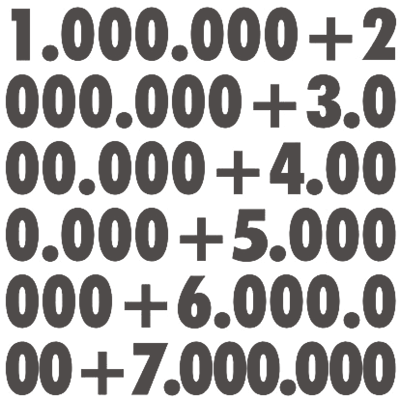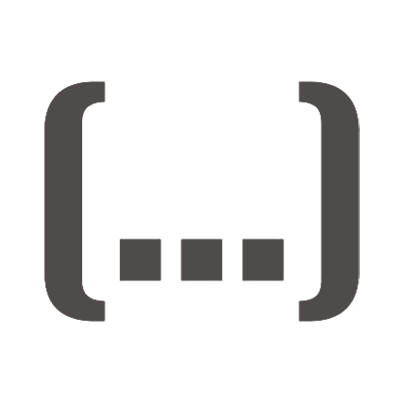Third-party liability insurance for owners of autonomous vehicles
Autonomous cars are slowly becoming a reality, accompanied by logistical, technological and legal barriers. The Polish parliament has already made some initial legislative steps by introducing, for example, a definition of an autonomous motor vehicle and a procedure for testing such vehicles on public roads. However, there is a need for further statutory regulation of insurance products and insurance companies tasked with providing compulsory third-party liability protection in a situation of great uncertainty and legal gaps.

When is a car “waste”?
The classification of damaged and post-accident vehicles imported to Poland as waste still raises many doubts. Recent judgments of administrative courts confirm a strict approach to this issue in judicial practice, posing significant risk for importers of such cars.

EU funds in the 2021–2027 financial perspective and the automotive sector
Poland will be the biggest beneficiary of the upcoming European Union financial perspective for 2021–2027. The two main objectives for funding in the new financial perspective, i.e. Smart Europe and Green Europe, are in line with the objectives of the modern automotive sector. Therefore, its players can count on solid support.

Supply chains in the pandemic era
Vehicle production is based on a supply chain system. During a pandemic, the risk increases that not all links in the chain will function properly. It is worth considering this risk in the context of restructuring and bankruptcy law.

Offshore wind farms: Maximum strike price in contracts-for-difference scheme proposed by Minister of Climate and Environment
On 16 February 2021 the Polish Ministry of Climate and Environment released for public consultations a draft of the regulation on the maximum price for electricity generated at an offshore wind farm and introduction into the grid, in PLN per MWh, which is the basis for calculating the right to coverage of a negative balance. This amount is set at PLN 301.50/MWh (about EUR 67/MWh). This means that this will be the maximum amount of support from the Polish state for wind farms built in the Polish area of the Baltic Sea, which will be allocated within the next four months.

Unlocking the potential of the onshore wind: Liberalization of the 10H Distance Act
On 12 February 2021, Poland’s Deputy Prime Minister and Minister of Development, Labour and Technology, Jarosław Gowin, announced that the ministry has submitted to the government for inclusion in its agenda a proposal to amend the so-called 10H Distance Act. This means that in about two weeks, the public consultation process will begin, lasting another three weeks.

New video series: “News from Poland—Business & Law”
The programme is a synthesis (up to 10 minutes) of important current events in the Polish economy and changes to Polish law, especially those that may concern management board members and affect the risk of serving on boards.

The data economy and trade secrets
In previous articles in our series we discussed whether data can be subject to property rights or can be protected within known categories of intangibles. Today we will consider if and when data can be protected as a trade secret.

Increased activity of the Polish data protection authority
Last year ended with a series of fines imposed by the President of the Personal Data Protection Office. They show the importance of taking take care of data security—and how costly it can be if you don’t.

Data as collateral?
To complement our previous considerations about the civil-law status of data, we should analyse the possibility of using data to create security interests in business transactions. The increasing economic value of data inspires a search for effective ways to collateralise these assets.

The impact of Brexit on cross-border bankruptcy and restructuring proceedings
How will Brexit affect cross-border bankruptcy and restructuring proceedings involving the UK? Will judgments issued by an insolvency court in the UK still be recognised in Poland?

Tales from the National Appeal Chamber: Non-statutory grounds for in-house procurement?
Municipal waste collection and transport is the subject of many in-house procurements in Poland. Art. 67(1)(12) of the Public Procurement Law provides one of the possible grounds for awarding such contracts, requiring the contracting authority to meet three conditions. But are there really only three? This issue arose in a case in which the National Appeal Chamber had to decide whether the contracting authority must also meet other, non-statutory conditions to properly award a sole-source contract.
